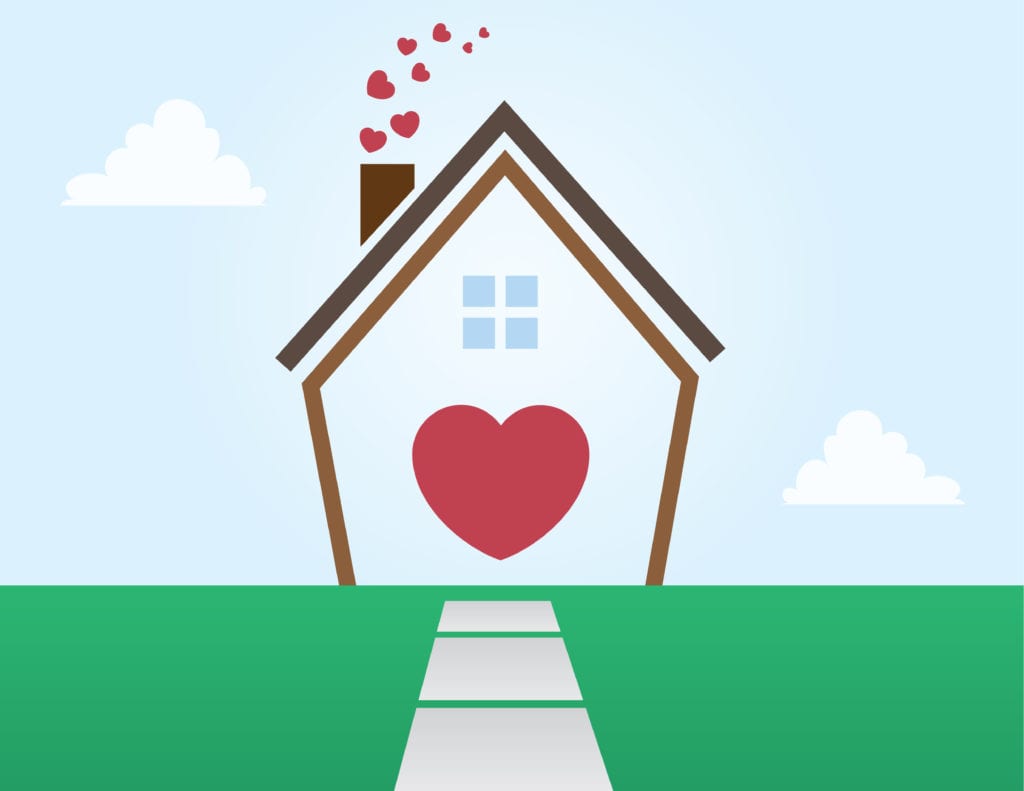A highly functioning system translates to lower utility bills, better air quality, and fewer unnecessary costs
With February 14 fast approaching, it’s hard to ignore the abundance of red, pink, and white hearts decorating retail stores and restaurants and even cars. Not coincidentally, February is also American Heart Month, drawing attention to cardiovascular disease and encouraging people to take control of their heart health.
Another important heart worth noting is the heart of your home—your heating, ventilation, and air conditioning (HVAC) system. Your HVAC system keeps you healthy by circulating air through your home and trapping allergens (thanks to filters). It regulates and maintains your indoor temperature and protects you from the elements. It moves heat in during winter and out during summer, keeping you comfortable.
And just like our health, we can be guilty of taking our HVAC systems for granted until something goes wrong. In order to keep these “hearts” in tip-top working order, we suggest the following:
• Maintain proper upkeep by scheduling seasonal checkups. A functioning system translates to lower utility bills, better air quality, less stress on the components, and fewer serious problems/unnecessary costs.
• Replace furnaces or AC units that are too small—or too big—for your house. Ask your Bonfe technician to ensure your system isn’t over-or under-sized. A unit that’s too small could wear itself out, a unit that’s too large could short-cycle (while wasting air).
• Take action when there’s an issue. Don’t wait it out. Some red-flag warning signs that could indicate an underlying issue include clogged filters, odd noises, a higher-than-usual energy bill, broken coils, or corroded valves. Taking care of the issue now could prevent a costly disaster in the long run.
Your HVAC unit works hard for you day in and day out without expecting anything in return. Show your appreciation by maintaining this critical system (a little TLC can go a long way).
To plan a date for maintenance, call Bonfe at 651-621-8821 (St. Paul) or 612-206-3097 (Minneapolis).

